Can Dogs Eat Cherry Tomatoes? Everything You Need to Know About Cherry Tomatoes and Your Dog’s Health
- 13 Mar 2025 11:23
As a dog owner, it's natural to wonder which fruits and vegetables are safe for your furry friend to eat. With so many different foods available, it can sometimes be tricky to figure out what’s safe and what’s not. One such food that often comes up in these discussions is cherry tomatoes. They are delicious, nutritious, and easy to eat, but are they safe for dogs? In this article, we’ll take a deep dive into whether dogs can eat cherry tomatoes, and if they can, how to safely incorporate them into their diet.
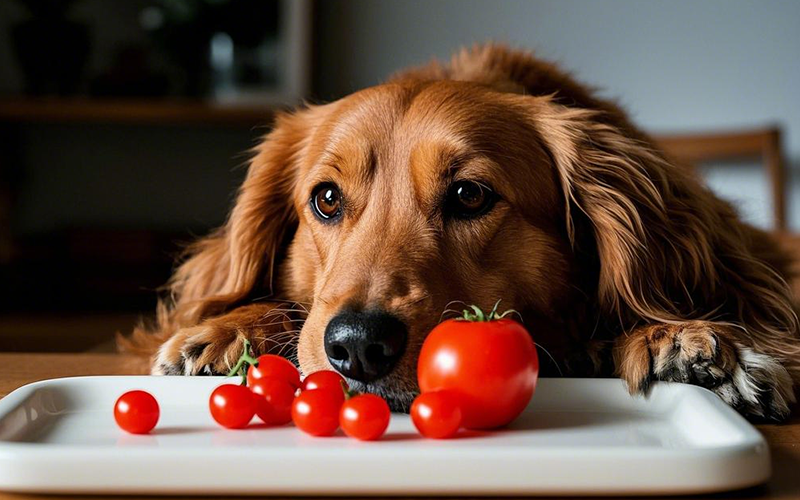
What Are Cherry Tomatoes and Why Are They So Popular? 🍅
Cherry tomatoes are small, round, and typically sweet tomatoes that are commonly found in salads, sandwiches, and as standalone snacks. Rich in vitamins A, C, and K, as well as antioxidants like lycopene, cherry tomatoes are often hailed as a health-boosting food for humans. But are these little bites of sweetness safe for your dog?
Are Cherry Tomatoes Safe for Dogs to Eat? 🐶
In general, cherry tomatoes are not toxic to dogs in small amounts. However, there are a few important details to consider when offering this food to your pet. Cherry tomatoes belong to the nightshade family of plants, which includes potatoes, peppers, and eggplants. While the fruit of the cherry tomato itself is generally safe for dogs, the rest of the plant — including the stems and leaves — contains solanine, a substance that can be toxic to dogs when ingested in large amounts.
The Risks of Cherry Tomatoes for Dogs ⚠️
There are a few things you should be aware of when giving your dog cherry tomatoes:
Unripe Tomatoes: Unripe (green) tomatoes contain higher levels of solanine, which can cause gastrointestinal upset, lethargy, and even more serious symptoms if consumed in large quantities. Always make sure the cherry tomatoes are ripe before offering them to your dog.
Stems and Leaves: The stems and leaves of tomato plants contain solanine as well, which can be harmful to dogs. Never allow your dog to chew on or eat the stems, leaves, or green parts of a tomato plant. Only offer the red, ripe fruit.
Overfeeding: While ripe cherry tomatoes are generally safe, overfeeding can lead to an upset stomach or diarrhea. As with any treat, moderation is key.
Choking Hazard: Small dogs or puppies might have trouble chewing on whole cherry tomatoes, so be mindful of the size of the pieces you’re offering. To avoid choking, you can cut the tomatoes into halves or quarters.
Nutritional Benefits of Cherry Tomatoes for Dogs 🍽️
Despite the risks, there are several health benefits to feeding your dog small amounts of cherry tomatoes. Here’s why this little fruit can be a healthy treat:
Vitamins and Minerals: Cherry tomatoes are rich in vitamins A, C, and K. These vitamins help boost your dog’s immune system, maintain healthy skin and coat, and support good vision.
Antioxidants: Tomatoes, especially cherry tomatoes, contain lycopene, an antioxidant that helps fight free radicals in the body and can promote heart health.
Fiber: The fiber in cherry tomatoes can help support your dog’s digestive system and keep things running smoothly.
Low in Calories: Cherry tomatoes are a low-calorie treat, which makes them a great option for dogs that need to watch their weight.
How to Safely Feed Cherry Tomatoes to Your Dog 🥄
If you decide to feed your dog cherry tomatoes, here are some tips to do so safely:
Start Small: Begin by offering your dog a small piece of a ripe cherry tomato to see how they react. This will allow you to monitor for any adverse reactions such as stomach upset or diarrhea.
Cut Them Into Pieces: Cherry tomatoes are small, but for smaller dogs, you should still cut them into halves or quarters to avoid any choking hazards.
Remove Stems and Leaves: As mentioned earlier, the stems and leaves of the tomato plant can be toxic. Make sure you only feed your dog the fruit itself and discard any green parts.
Observe Your Dog: Watch for any signs of digestive issues, such as vomiting or diarrhea. If you notice any negative symptoms, stop feeding cherry tomatoes and consult with your vet.
Can Dogs Eat Other Types of Tomatoes? 🍅
While cherry tomatoes are relatively safe for dogs in moderation, the same caution applies to other types of tomatoes. Be sure to avoid feeding your dog unripe tomatoes, stems, and leaves from any tomato plant. Always stick to the ripe fruit and feed it in moderation.
What to Do if Your Dog Eats Too Many Cherry Tomatoes 🍅
If your dog accidentally eats too many cherry tomatoes, don’t panic. In most cases, a small number of ripe tomatoes won’t cause harm. However, if your dog consumes a large quantity of tomatoes or the stems and leaves, you might notice symptoms of solanine poisoning, such as:
Vomiting
Diarrhea
Lethargy
Confusion
Weakness
If you suspect your dog has eaten too many cherry tomatoes, especially the unripe ones or green parts of the plant, it’s best to contact your vet immediately for guidance.
Alternatives to Cherry Tomatoes for Dogs 🍓
If you’re concerned about the potential risks of feeding cherry tomatoes to your dog or if your dog doesn’t seem to enjoy them, there are plenty of other safe fruits and vegetables you can offer. Some healthy options include:
Carrots
Apples (without the seeds)
Blueberries
Strawberries
Sweet potatoes (cooked)
Cucumbers
These fruits and veggies can be just as nutritious and tasty for your dog without the risks associated with tomatoes.
Why Consider PettureX for Pet Health? 🐾
If you’re ever unsure about what foods are safe for your dog or if you notice any unusual symptoms, it’s always a good idea to get quick guidance. PettureX is an AI-powered pet health software that offers 24-hour online consultations and advanced image recognition. PettureX can help you identify potential risks and get personalized advice on your dog’s health concerns, ensuring that you’re always making informed decisions about their diet.
Conclusion: Can Dogs Eat Cherry Tomatoes? 🍅
The answer is yes, dogs can eat cherry tomatoes in small amounts, but with some precautions. Make sure the tomatoes are ripe, remove any stems or leaves, and avoid overfeeding. Always observe your dog after introducing a new food to ensure they don’t experience any adverse reactions. Cherry tomatoes can be a tasty and healthy treat when given in moderation, but always prioritize your dog’s overall diet and health.
If you’re ever in doubt about your dog’s health or diet, PettureX is a helpful resource to assist with all your pet-related concerns. Your dog’s well-being is important, and ensuring they enjoy a healthy and balanced diet is key to their happiness and longevity.
Related
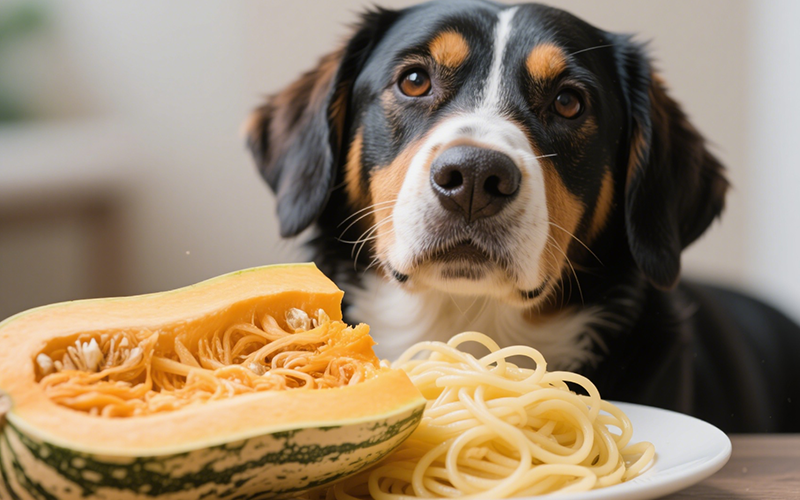
Squash Smarts: Can Dogs Eat Spaghetti Squash? A Vet-Approved Guide
- 26 Apr 2025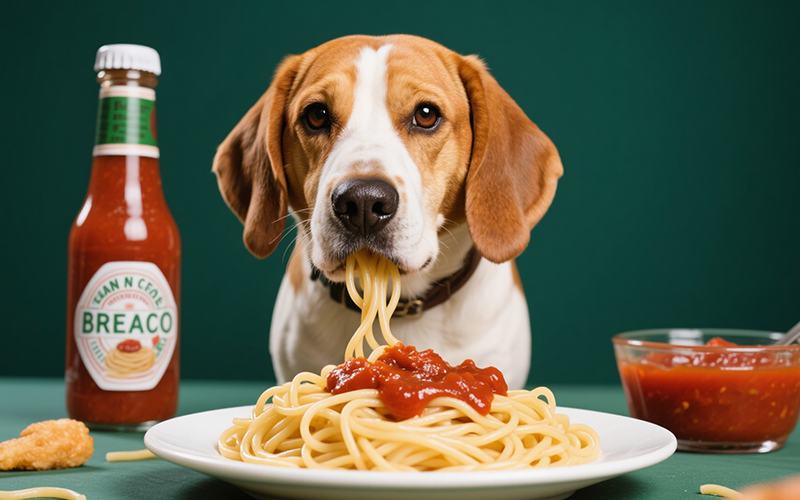
Sauce Inquiry: Can Dogs Eat Spaghetti Sauce Safely? Why Vets Advise Against It
- 26 Apr 2025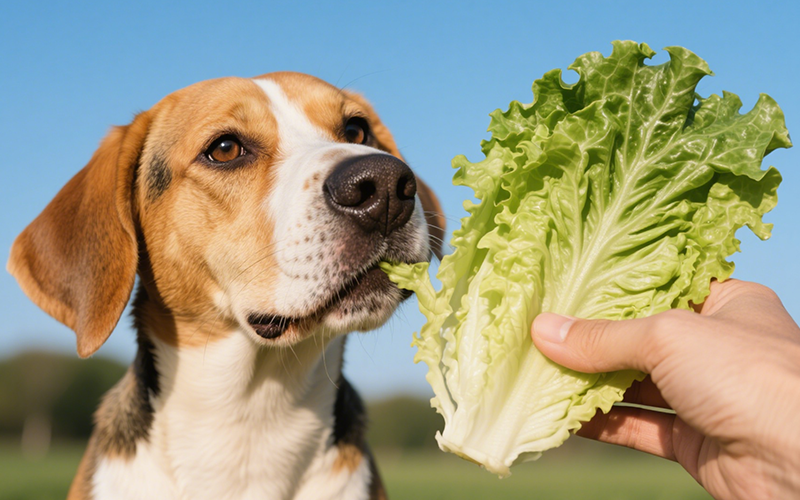
Crunchy Greens for Canines: Can Dogs Eat Romaine Lettuce Safely?
- 25 Apr 2025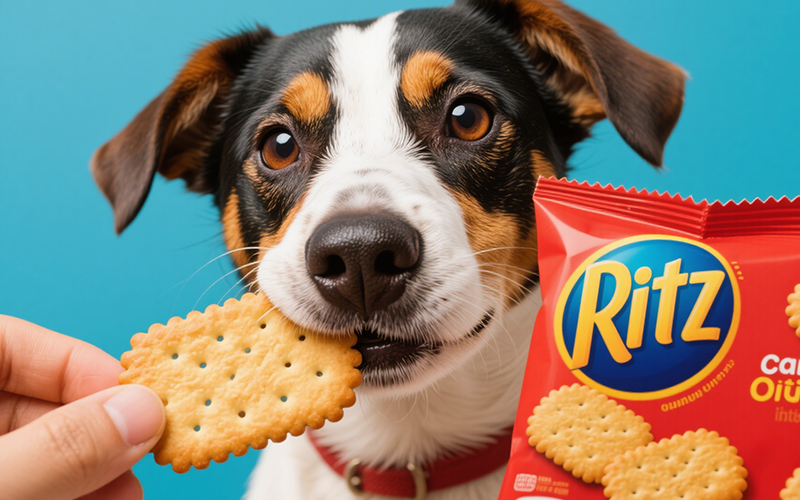
Ritz Crackers for Dogs? Why Vets Say No to This Common Snack
- 25 Apr 2025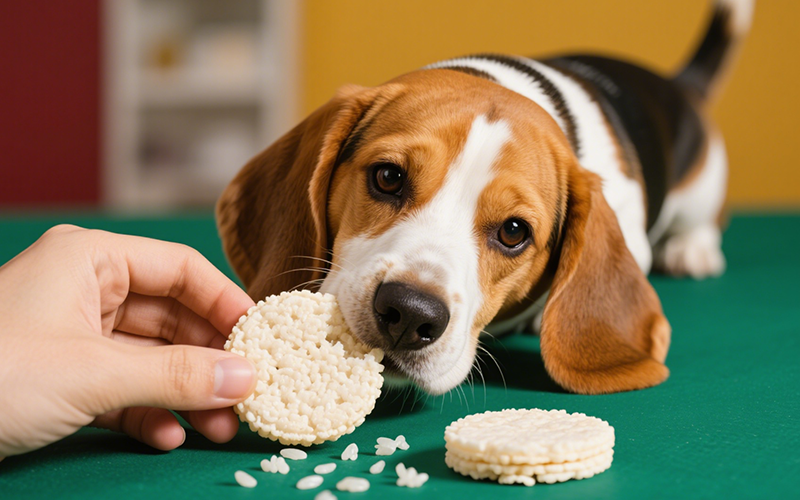
Rice Cakes for Rover? A Crunchy Question: Can Dogs Eat Rice Cakes Safely?
- 24 Apr 2025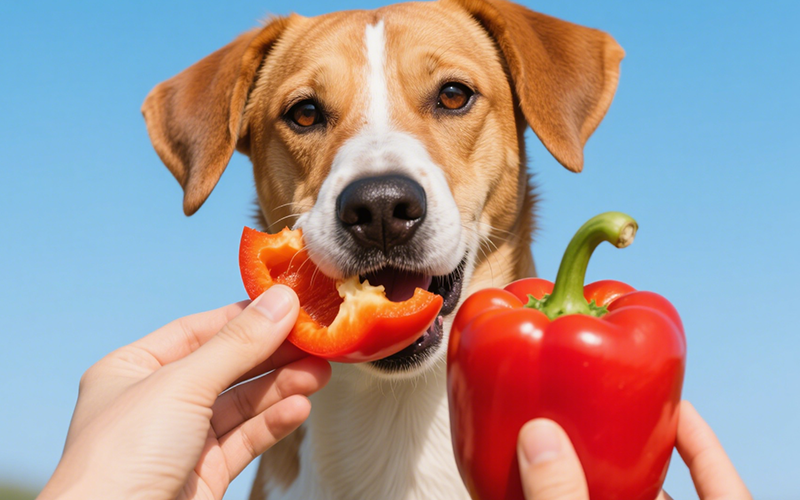
Crunchy & Colorful: Can Dogs Eat Red Bell Peppers Safely? A Vet-Approved Guide
- 24 Apr 2025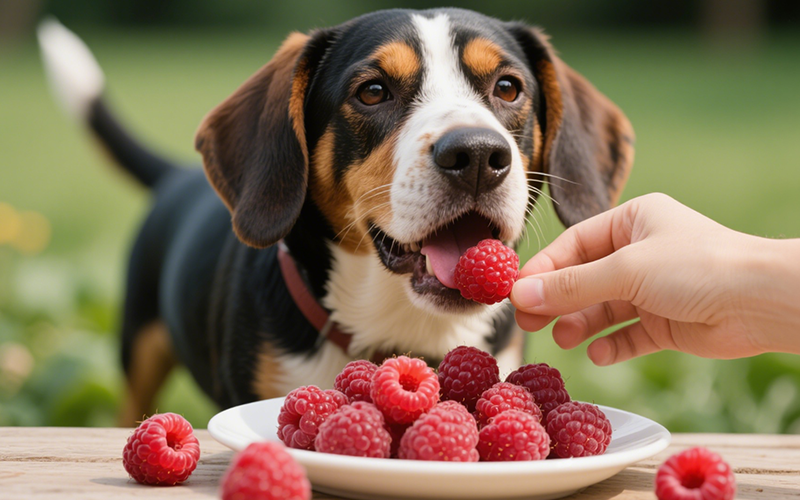
Raspberries for Rover? A Vet's Guide to This Berry Good Treat for Dogs
- 23 Apr 2025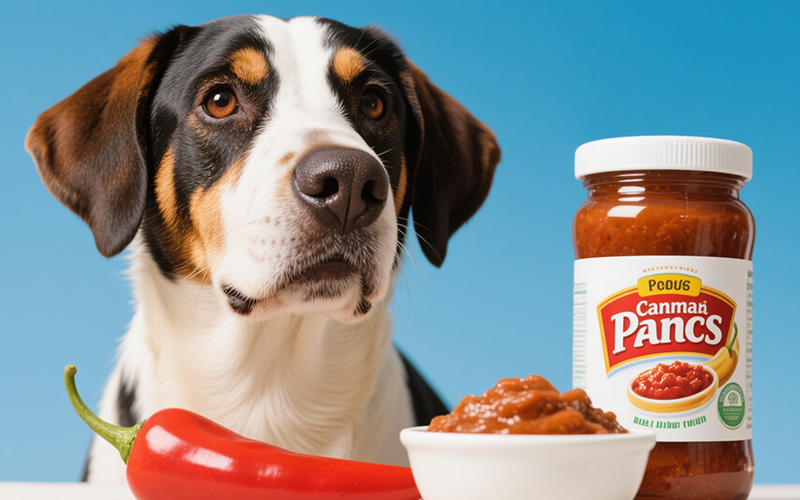
Ranch Dressing Dilemma: Can Dogs Safely Indulge? A Deep Dive into Why It's a Bad Idea
- 23 Apr 2025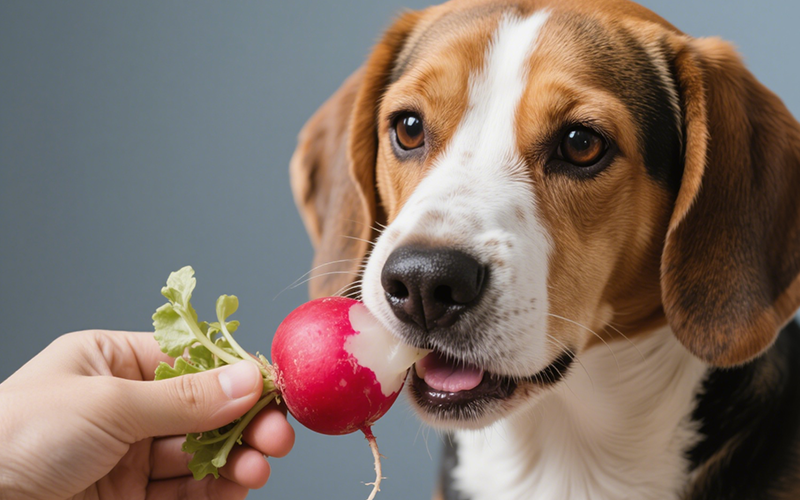
Radish Bites for Your Buddy? A Vet-Reviewed Guide on Whether Dogs Can Eat Radishes
- 22 Apr 2025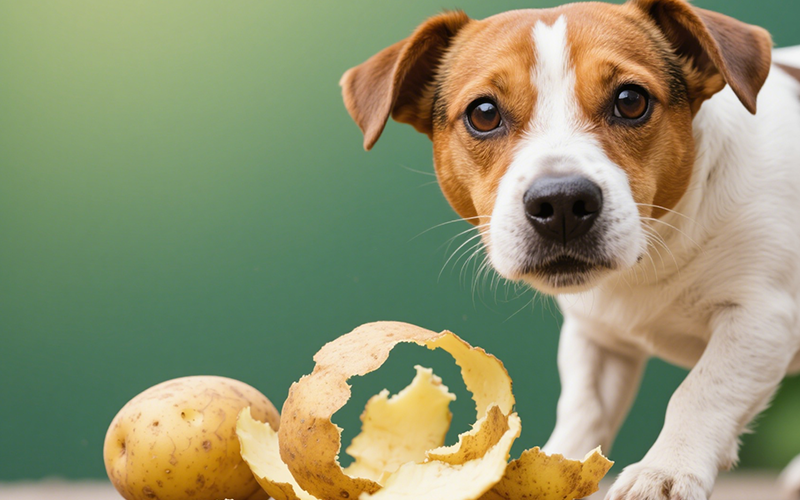
Potato Peels for Pooches? Unpeeling the Risks and Facts for Dog Owners
- 22 Apr 2025
